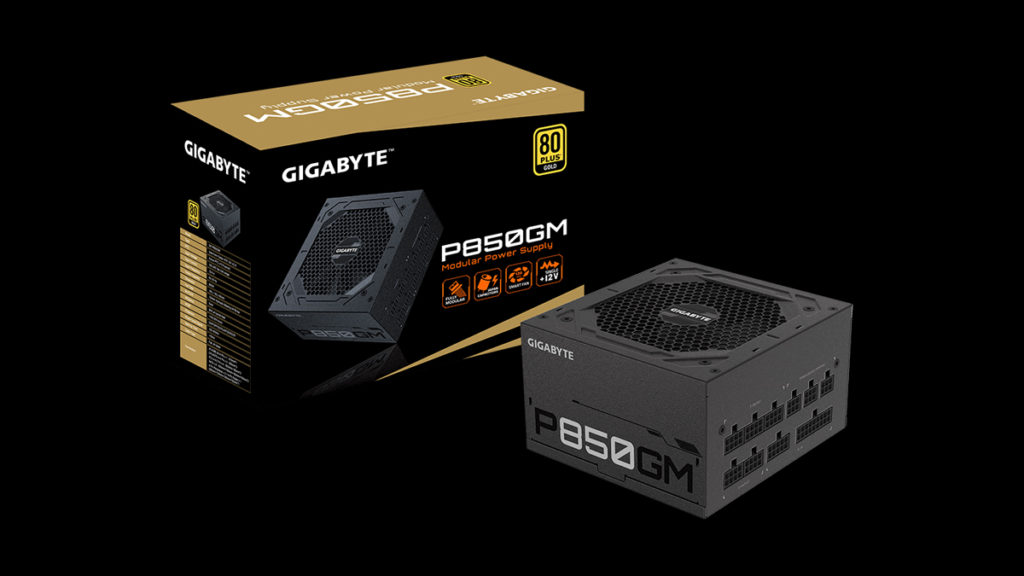Image: GIGABYTE
GIGABYTE recently drew controversy after hardware enthusiasts tested its GP-P850GM and GP-P750GM power supplies and alleged that they were faulty to an extent in which they could explode under certain use cases. The manufacturer has now released a statement to counter those allegations, insisting that its products are safe to use.
GIGABYTE explained that the GP-P850GM and GP-P750GM feature the industry-standard Over Power Protection (OPP) feature for shutting down units when power loads become excessive, but that they were stressed beyond normal limits due to the type of extended testing involved. This may have reduced the lifespan of the power supplies and their components.
That said, GIGABYTE has opted to adjust the OPP trigger-point range of its GP-P850GM and GP-P750GM products so they may shut down at lower loads. These are the new ranges...
Continue reading...
